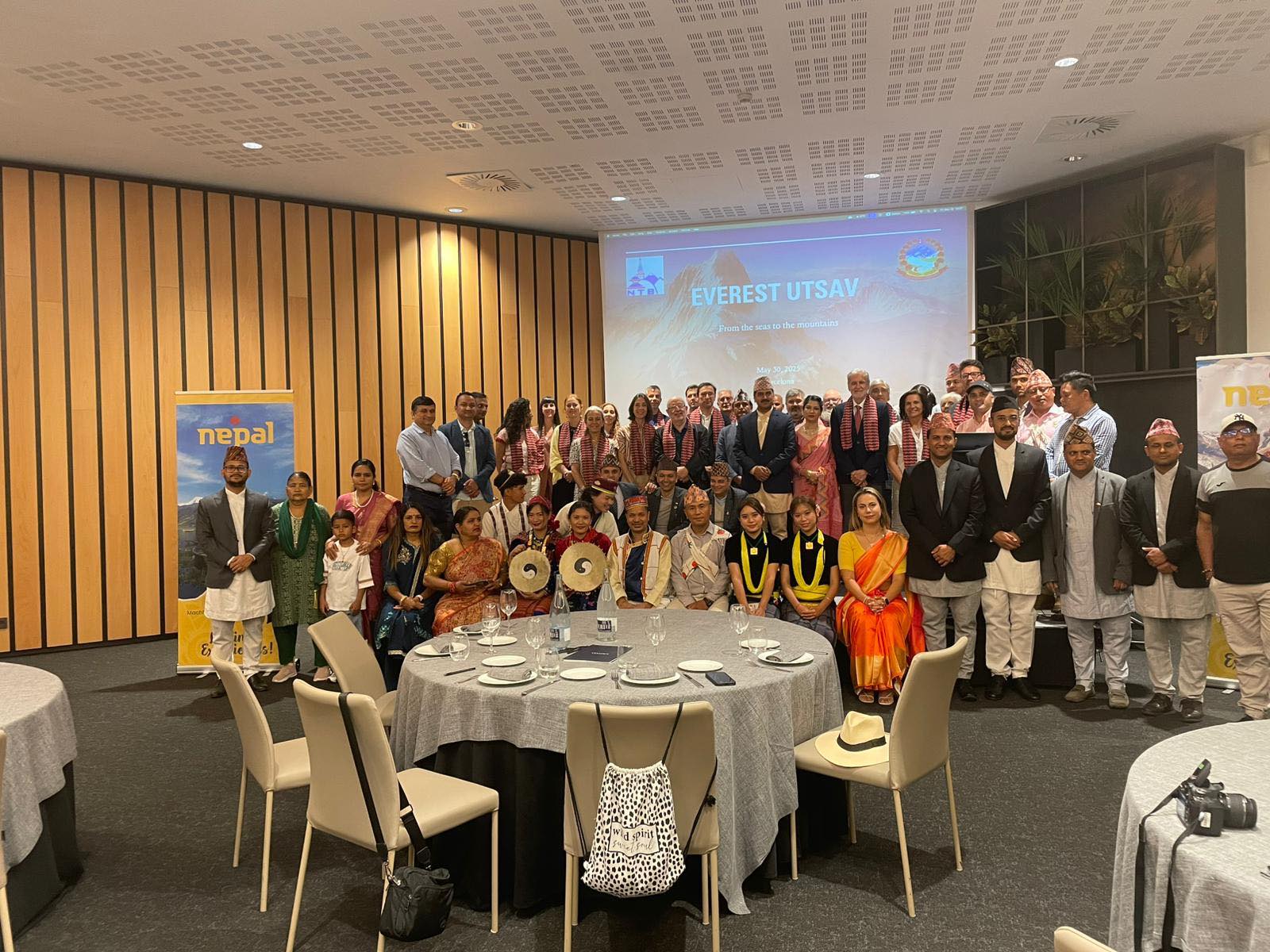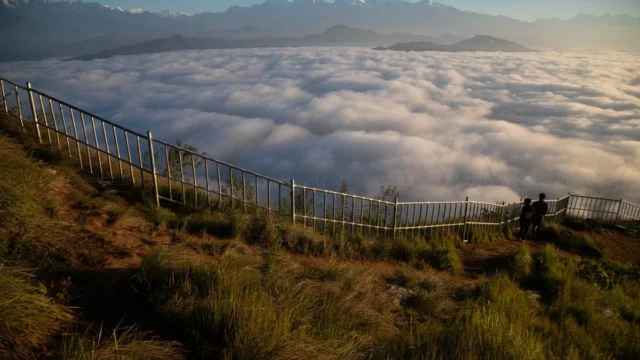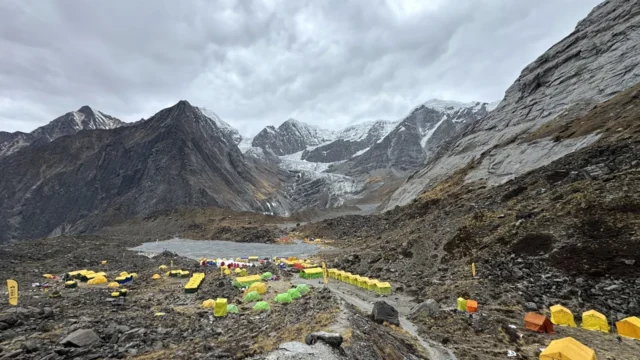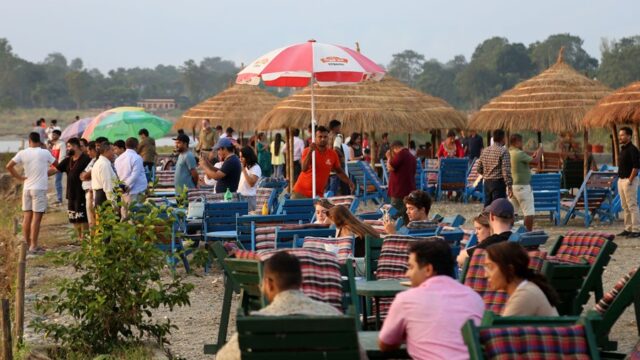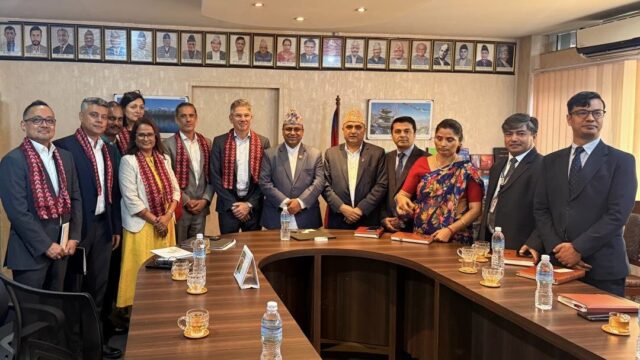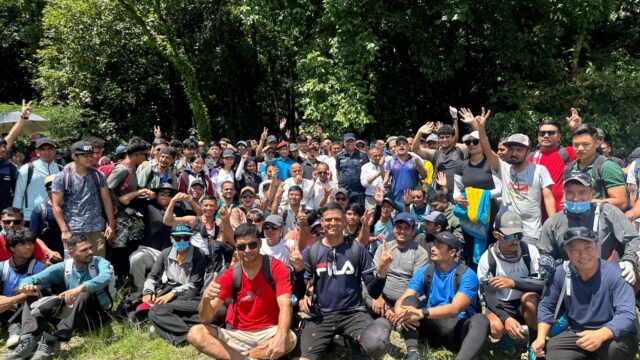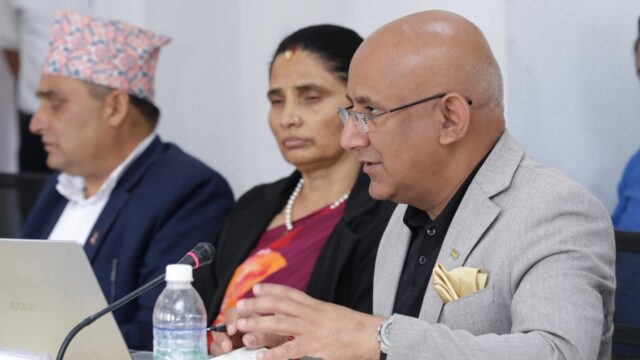In a heartfelt celebration aimed at promoting Nepal’s rich tourism, culture, and Himalayan heritage, the Everest Festival 2025 was organized in Barcelona, Spain. The grand event, jointly hosted by the Embassy of Nepal in Madrid and the Nepal Tourism Board, served as a cultural bridge between the Nepali and Spanish communities, while also paying homage to the legacy of mountaineering in the Himalayas.
Everest Festival 2025
The festival drew mountaineering enthusiasts, cultural representatives, and dignitaries from both Nepal and Spain. A central highlight of the event was the participation of world-renowned Spanish geologist and mountaineer, Professor Jeronimo Lopez Martinez, who delivered a powerful message on the deeper meaning of Himalayan exploration. “Climbing mountains is not just about conquering peaks; true success lies in understanding them,” he expressed during his address.
Professor Lopez, who made his name by successfully summiting Manaslu in 1975 and later Mount Everest, has maintained a close connection with Nepal for over five decades. “Nepal is not merely a travel destination,” he reflected. “It has become my research ground and spiritual sanctuary.” Having recently returned from another visit to Nepal just two weeks prior, he raised concerns over pressing issues such as climate change, environmental degradation, and the commercialization of the Himalayas, urging the global community to act with responsibility and reverence toward the world’s highest peaks.
Adding further depth to the discussion, Catalan mountaineer and filmmaker Jaume Altadill, known for his documentary Everest-93, emphasized the need for protecting the Everest region. His remarks underscored the balance between tourism development and conservation.
Speaking on behalf of the Government of Catalonia, Marc Vaquero, Director of International Relations, emphasized Nepal’s profound place in the hearts of Spanish mountaineers. “There is a deep-rooted bond between the history of Spanish mountaineering and Nepal,” he noted. “For many Spaniards, Nepal is not just a mountain country; it holds a sacred space in their hearts.”
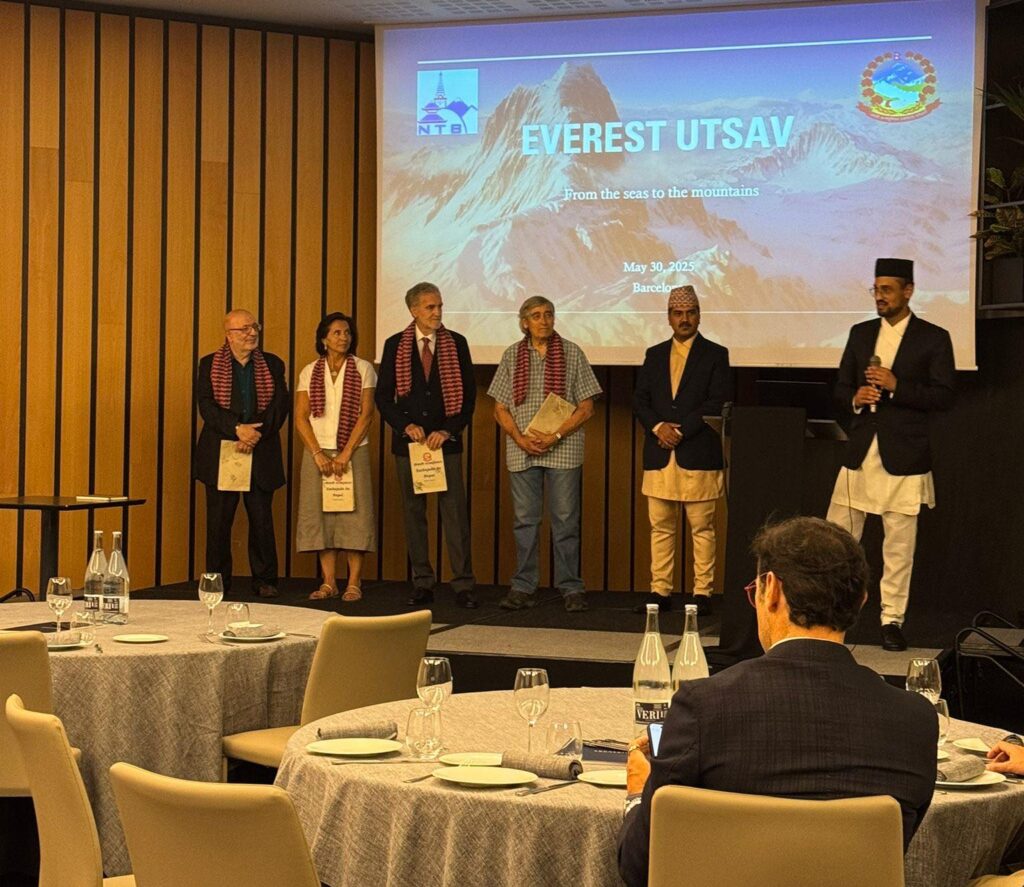
The event was officially inaugurated by Shanil Nepal, the Spanish Ambassador to Nepal, who highlighted Nepal’s offering to the world beyond just its Himalayas. “Nepal is a land of spirituality, courage, and emotional depth,” he said, encouraging the Spanish audience to visit Nepal and immerse themselves in its diverse culture and landscapes. “To truly understand the emotional richness of Nepal, one must experience it firsthand.”
From the Nepali side, Kundan Sharma, Senior Officer of the Nepal Tourism Board, provided a detailed presentation on Nepal’s tourism assets. He showcased trekking routes, rural tourism models, cultural experiences, and current efforts to mitigate the impacts of climate change and manage visitor flow in the Everest region. His evidence-based talk offered the audience insight into the various dimensions of sustainable tourism development in Nepal.
The festival also celebrated the arts and culture of Nepal, with a vibrant lineup of traditional dances and handicraft exhibitions organized by the Non-Resident Nepali Association (NRNA) Spain. Artists dressed in traditional attire representing Nepal’s diverse ethnic communities performed colorful dances that brought a piece of the Himalayas to Barcelona. The cultural display also included an impressive exhibition of Nepali metal sculptures, wood carvings, and folk art, all of which fascinated the local Spanish attendees and helped spark interest in Nepali artistry and craftsmanship.
Beyond a celebration, the Everest Festival 2025 served as a platform for dialogue, cultural exchange, and renewed partnership. By combining tributes to legendary climbers with discussions on sustainable tourism and environmental preservation, the festival embodied a broader vision: ensuring that the Himalayas remain not just peaks to conquer, but sacred spaces to honor and protect.
The event concluded with a call for deeper collaboration between Nepal and Spain in areas of eco-tourism, cultural preservation, and mountaineering education. Organizers hope that such festivals will continue to build global solidarity and deepen international appreciation for Nepal’s irreplaceable natural and cultural treasures.
